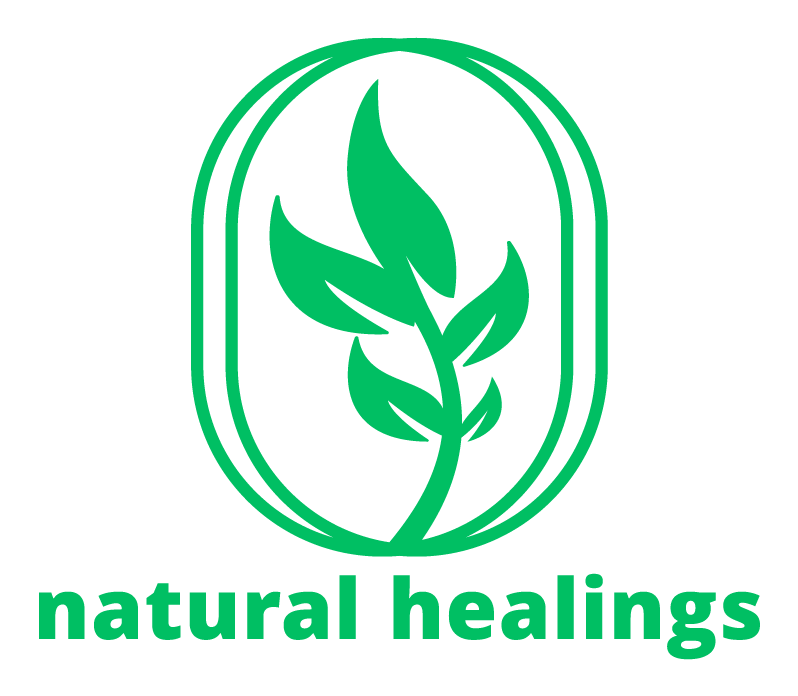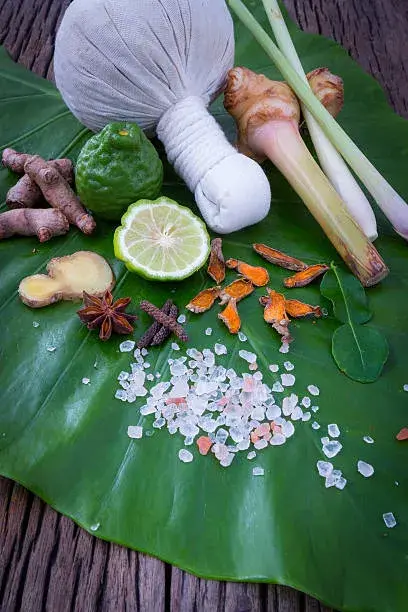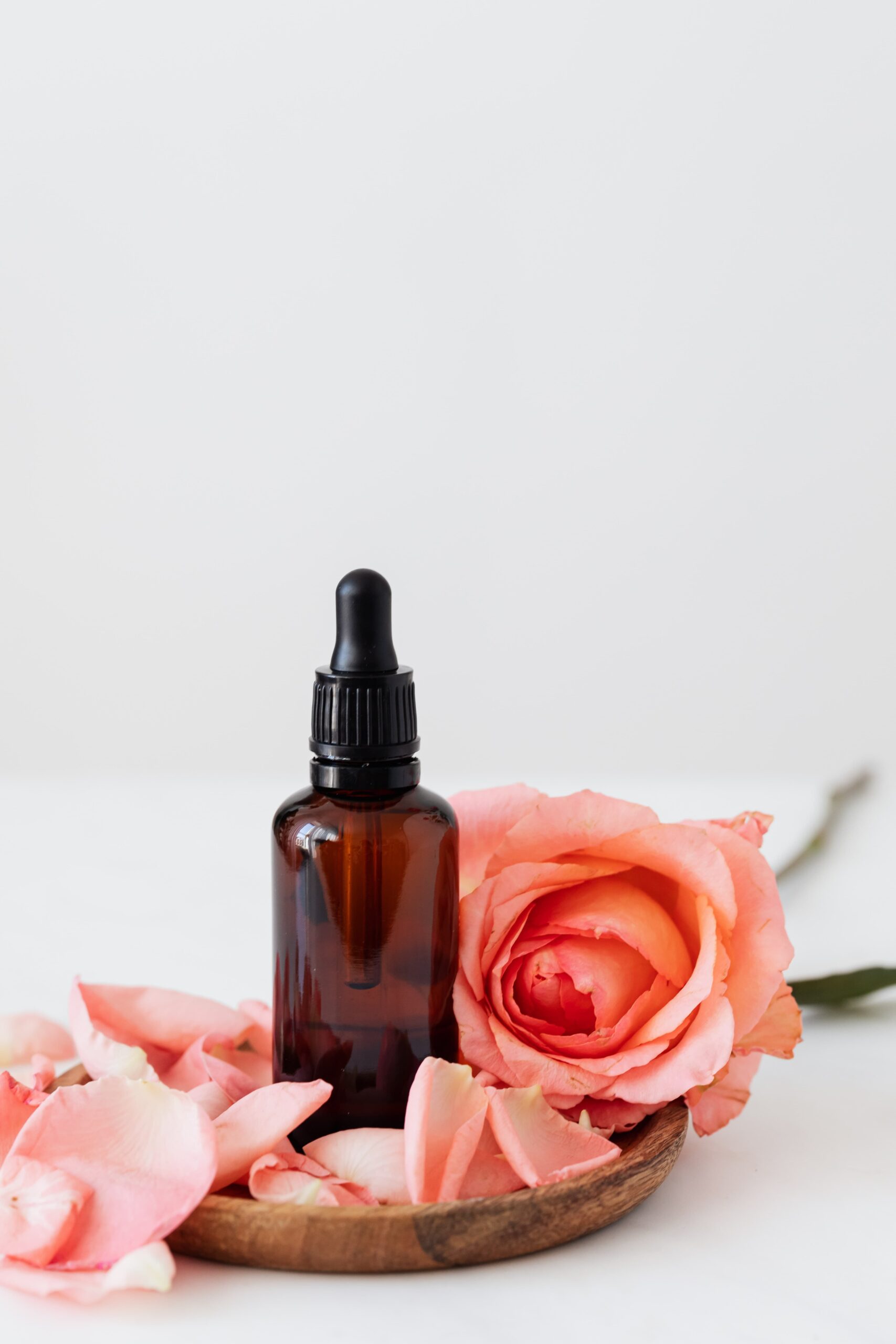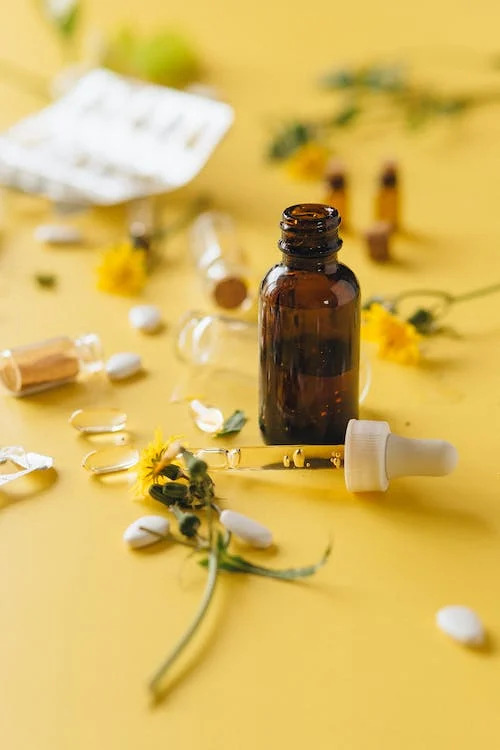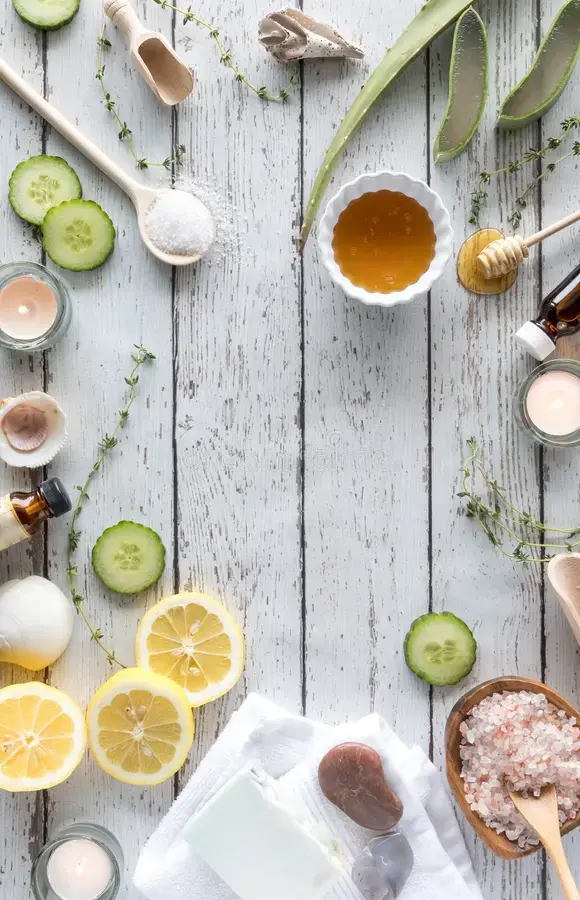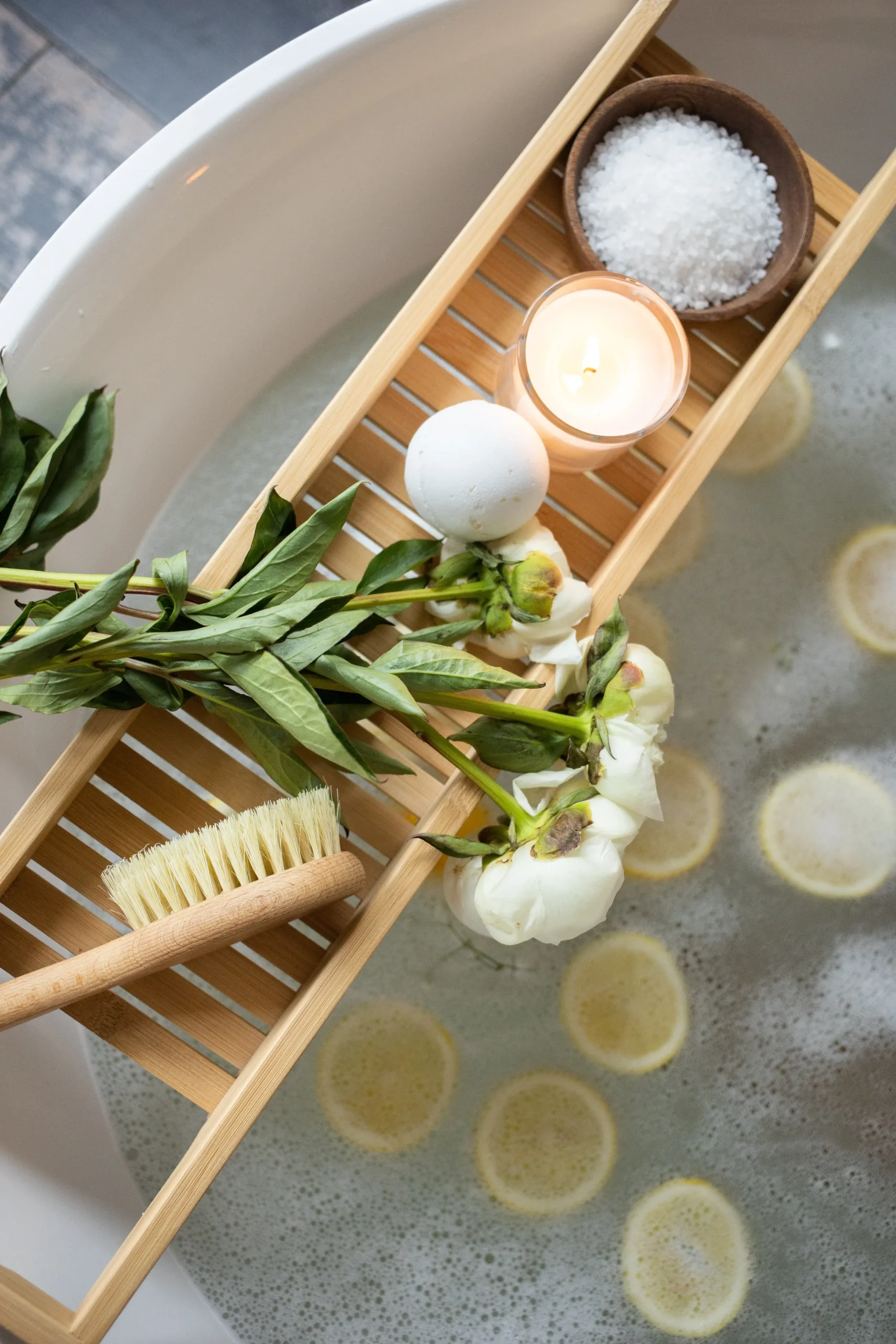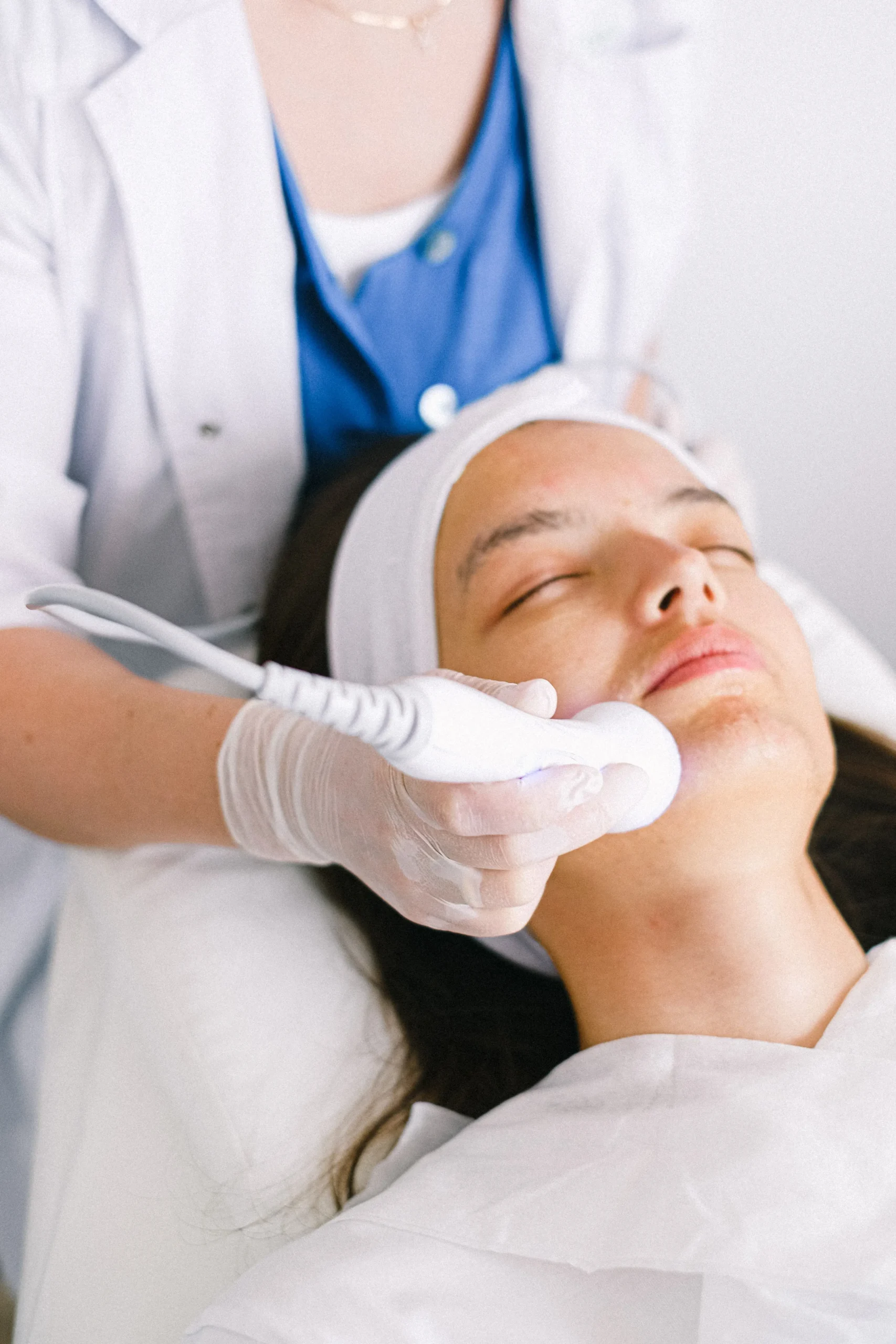sT. JOHN's WORT TEA
In natural medicine, the herb St. John’s wort is considered to be the psychological counterpart of arnica, which alleviates physical pain. St. John’s wort can temper emotional discomfort, lift depression and calm the nerves. This herb is widely prescribed for mild to moderate depression and anxiety and is also applied externally to heal wounds and reduce inflammation. Similar to some types of antidepressant medications, St. John’s wort s believed to raise the concentration of serotonin in the brain and enhance its activity. This neurotransmitter (or chemical nerve messenger) helps to regulate mood. A tea made from St. John’s wort relaxes and soothes the psyche without causing sleepiness or addiction. Keep in mind that the mood- elevating properties of St. John’s wort do not appear for several weeks, and the remedy must be used for at least a few months to produce lasting effects.
Preparation of the tea
In a teapot, pour 1 cup of boiling water over 2 tsp. of dried St. John’s wort. Steep for 10 min., then filter the tea through cup. If desired, add sugar or honey to sweeten the beverage to your taste. Drink 1-2 cups of the freshly prepared tea every mowiag andevening, ur:less your health practitioner.
ST. JOHN's WORT TEA
Therapeutic Effect: S Jobn’s wort improves capillary circulation, relieves mild to moderate depression and anxiely, belps you sleep, eases gastrointestinal distress, increases cardiac circulation, promotes wound bealing and reduces inflammation. It has diuretic properties, and some evidence indicates that it may be effective against viruses.
🙤 Hypericin: the main active ingredient
Hypericin, the red pigment contained in the petals of the St. John’s-wort flower, is possibly the substance responsible for the healing properties of the herb. It alleviates depression, assists the brain’s pineal gland in sleep-wake cycles and supplies oxygen to the cells. Drinking a tea made from St. John’s wort is an effective way to get these benefits.
🙤 Flavonoids and essential oils
These plant components help fight inflammation and soothe pain. For this reason, the can be also be used for nerve pain, inflammation, first-degree burns and wound healing.
Take care !
Avoid overexposure to sunlight and ultraviolet light when taking St. John’s wort. Because the hypericin in the herb increases the skin’s photosensitivity, a bad sunburn, rash or even blistering could result.
✽ Medicinal Uses ✽
♦ For disinfecting wounds
When applied externally, a St. John’s-wort tincture disinfects wounds and first-degree burns. The tincture also relieves frostbite and general hypothermia by improving capillary circulation, thus bringing blood and oxygen to the affected tissues. To make the tincture, crush 12 oz. of St. John’s-wort flowers in a mortar. Steep the herb, covered, in 1/2 cup of 100-proof alcohol for 10 days. Strain the liquid and pour it into a dark bottle for storage. Use the herb tincture as needed.
♦ For Inflammation
St. John’s-wort oil is used for external and internal inflammation. Mash 2 handfuls of St. John’s-wort flowers and put them into an airtight container. Pour 1 qt. of olive oil over the flowers, cover and let the mixture sit in the sun for 3-4 weeks, shaking it regularly. The oil will assume a reddish hue. (If desired, you can also add a few drops of lavender essential oil or chamomile essential oil.) It can be used externally as a massage oil to ease joint pain, inflammation and sprains. It can also be applied to bruises, wounds, skin inflammations and hemorrhoids.
♦ For Premenstrual syndrome
The calming and diuretic effects of St. John’s wort tea (card front) help relieve the symptoms of premenstrual syndrome (PMS), including headaches, nervousness, water retention, moodiness and cramping.
Take care !
Avoid overexposure to sunlight and ultraviolet light when taking St. John’s wort. Because the hypericin in the herb increases the skin’s photosensitivity, a bad sunburn, rash or even blistering could result.
